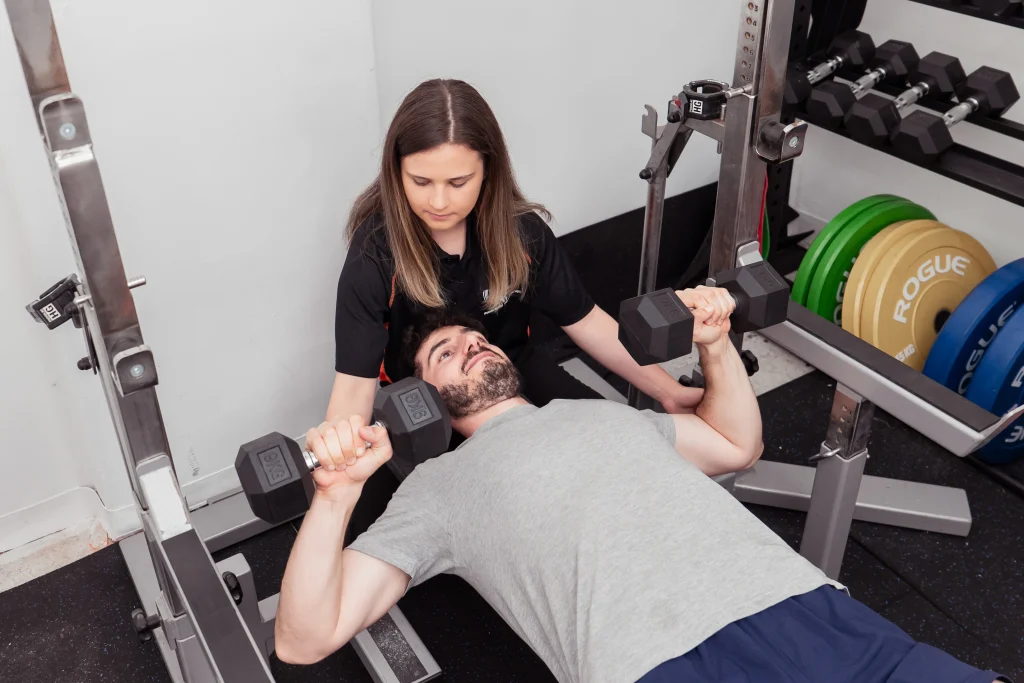
When it comes to injury recovery, most people want quick results. It’s natural to hope that pain will settle quickly! But recovery rarely happens overnight. Every injury has its own timeline, and patience is one of the most important parts of rehabilitation.
Different Tissues Heal at Different Speeds
Not all tissues recover at the same rate, and severity makes a big difference.
- Minor muscle strains can improve in days, while larger tears may take weeks or longer
- Tendons can take months, especially with significant tears or long-standing issues
- Ligament sprains may settle in weeks if mild, but severe injuries can require many months
- Bones typically need 6–8 weeks for small fractures, with more complex breaks taking longer
- Spinal discs and joint injuries vary widely, sometimes needing extended recovery periods
Because of these differences, two people with the “same” type of injury can recover at very different speeds depending on how severe it is.
The Myth of Quick Fixes
Two common misconceptions are that you only need one session, or that you should feel 100% better after the first appointment. While very minor issues may improve quickly, most injuries require a structured plan.
The first session is usually about assessment, education, and starting treatment. Some relief may follow, but full recovery depends on healing and consistent rehab – things that take more than a single visit.

Why Sticking With the Plan Matters
One of the biggest barriers to recovery is expecting results too quickly. Many people stop after a short trial and conclude that exercise or therapy doesn’t work. The truth is, most interventions require steady, repeated effort over several weeks before the real benefits appear. Quitting early means you may never see the progress that was just around the corner.
The Role of Patience in Recovery
Being patient with recovery doesn’t mean doing nothing. It means staying engaged with the plan and understanding that healing is usually a series of small wins. Feeling more comfortable with movement, sleeping better, or tolerating exercise for longer are all signs of progress, even if some pain remains.
Summary
Recovery takes time, and every injury heals at its own pace. Severity plays a big role, with minor injuries often settling quickly and more significant ones needing months. Some people improve fast, but many need ongoing guidance and consistency. Expecting to be fully recovered in one session is unrealistic. By sticking with your plan and giving your body the time it needs, you give yourself the best chance of a full recovery.
Book a session with our dedicated physiotherapy team today to devise a holisitic treatment plan for your injury!

